Isopropanol (C3H80) is also known as isopropyl alcohol, propan-2-ol and 2-propanol, but is most commonly known as rubbing alcohol when it is mixed with water. It is a colourless, volatile, flammable chemical compound that you will recognise by its distinctive smell.
Isopropanol was the first synthetic alcohol to be produced commercially, and it’s now one of the most widely used solvents in the world both in industry and domestically.
In this post:
Properties Of Isopropanol
Isopropanol:
- Evaporates when exposed to air
- Leaves no residue, making it a good cleaning agent – and ensuring glass is streak-free
- Is antibacterial, and is used as a disinfectant, antiseptic and sanitiser
- Can be mixed with most solvents, including water
- Is a highly effective solvent in its own right, dissolving substances like oil and resin

Isopropanol’s Structure
Isopropanol is the simplest example of a secondary alcohol as its alcohol carbon atom is attached to just two other carbon atoms.
The usual way isopropanol’s formula is written is C3H80. However, it can also be written as: C3H7OH, CH3CHOHCH3, and (CH3)2CHOH. But regardless of how you write the formula, the number of carbon and hydrogen atoms doesn’t change.
Production of Isopropanol
Isopropanol can be produced in three ways: indirect or direct hydration of propylene, and catalytic hydrogenation of acetone.
- Indirect hydration of propylene: this method requires a reaction between propylene and sulphuric acid. Water is added to the resulting intermediates, which turns them into isopropanol.
- Direct hydration of propylene: this method requires a reaction of propylene and water at high pressures using solid acidic catalysts. The result is a mix of isopropanol and water, which is then separated using distillation or salting out.
- Catalytic hydrogenation of acetone: the reduction of acetone via catalytic hydrogenation (reacting acetone with hydrogen gas under high pressure in the presence of a metal catalyst), produces isopropanol.











